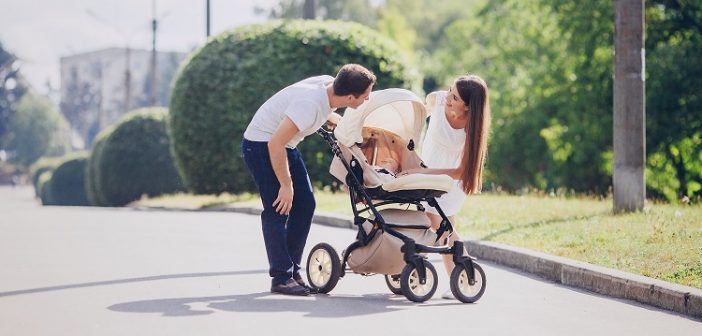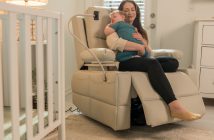Pregnancy is a difficult process, and many women suffer from issues afterward. In fact, research suggests that many women may not regain their self-esteem until about three years after they give birth.
Here are signs of low self-esteem you should watch out for after pregnancy.
Feeling Bad About Your Body
the pressure to get your body back into pre-baby shape is immense for women and other people who give birth. If you find yourself constantly feeling bad about your body and taking extreme measures to get your pre-baby body back, you may be suffering from low self-esteem.
There are ways you can improve your health and work on your self-care without breaking the bank or taking too much time away from your new baby. Other ways you can improve your body image include:
- A regular exercise routine that you enjoy
- A healthy diet that you can stick to
- Take photos of yourself that celebrate your shape and make your feel good
- Go to the spa and pamper yourself with manicures, pedicure, facials, and the like
- Have a dance party with your favorite music
- Take a long bath
- Choose a wardrobe that suits your needs and style
- Avoid body-negative imagery and media
Of course, you should pick and choose from these options based on what feels best to you. Experiment, and get on your journey to feeling about your body.
Struggling With Anxiety After Pregnancy
some anxiety is normal for new parents, but if you find your anxiety skyrocketing out of control you may be suffering from low self-esteem issues. If you find yourself having panic attacks, particularly on a regular basis, you may have an anxiety issue related to low self-esteem.
If you find yourself with new or worsening anxiety, you should try and address the issue with a mental health professional before it gets any worse. The same is true of depression or any other mental health symptoms you may be suffering from.
However, if you’re struggling from brain fog or stronger depressive symptoms, it might be a sign that you have post-partum depression. If you suspect you have postpartum depression, it’s important that you discuss it with your primary doctor before it extends further.
Post-partum depression can have major impacts on your life and for your child’s life, which is why you need to address any issues as soon as possible.
Being Overly Critical of Yourself
some self-reflection is important, especially as a new parent. However, if you are constantly criticizing yourself and cannot find one positive thing to say about yourself or your newly minted parenting skills, you may be spiraling into a low self-esteem problem.
if you find yourself being overly critical, there are strategies you can utilize to help. Take a deep breath, and think of five positive things about yourself for every negative one. Participate in activities that make you feel good about yourself and successful in your goals and achievements. Consult with a therapist or a counselor for other positive reinforcement strategies.
Constantly Comparing Yourself to Others
Everyone deals with the aftermath of motherhood differently. You may have friends or loved ones who do well after the fact or others who struggle. That’s why comparing your experience to the experience of others can be a sign of low self-esteem.
Constantly feeling like other people are better than you and more successful in their lives is just a recipe for hurting your self-esteem. Basically, you just need to understand — everyone’s life and experience is different, and you need to not judge yourself based on the experience of other people. So, take a deep breath, and let it go.
Feeling Like You’re Failing Or Embarrassing Yourself in Public
Most people have moments of self-doubt once in a while. But, if you’re constantly feeling like a failure, that’s likely a red flag in terms of your self-esteem and personal confidence.
If you find yourself having constant embarrassment stress dreams, or if you’re afraid to leave your house for fear of embarrassment, you almost certainly have a self-esteem problem. Luckily, this is one of the easier self-esteem symptoms for you to overcome.
Simply take a deep breath, and find a way to embarrass useful (safely) in a way you can control. Emergence therapy is one of the best ways to get over the fear of embarrassment. If you’re still struggling, contact a professional therapist today.
Having Difficulty Communicating With Loved Ones or Partners
many people find communicating their wants and needs difficult when they’re struggling with low self-esteem.
That can be made even worse in the aftermath of pregnancy, when you’re dealing with a whole new member of your family on very little sleep – it’s already a difficult situation to communicate in!
If you’re having trouble finding a way to communicate, specifically with your partner, a couples or relationship therapist can be a very useful tool for getting you over the hurdle. Just make sure you weigh the pros and cons before you invest your hard-earned money in therapy that you may not be interested in.
Fight These Signs of Low Self-Esteem After Pregnancy Today
These aren’t the only signs of low self-esteem that may result from pregnancy. But, being vigilant and monitoring your mental health can help you fight through to the other side.
Are you expecting a baby? Need more help with your pregnancy — and the aftermath? Check out some of the other articles on this site today.




